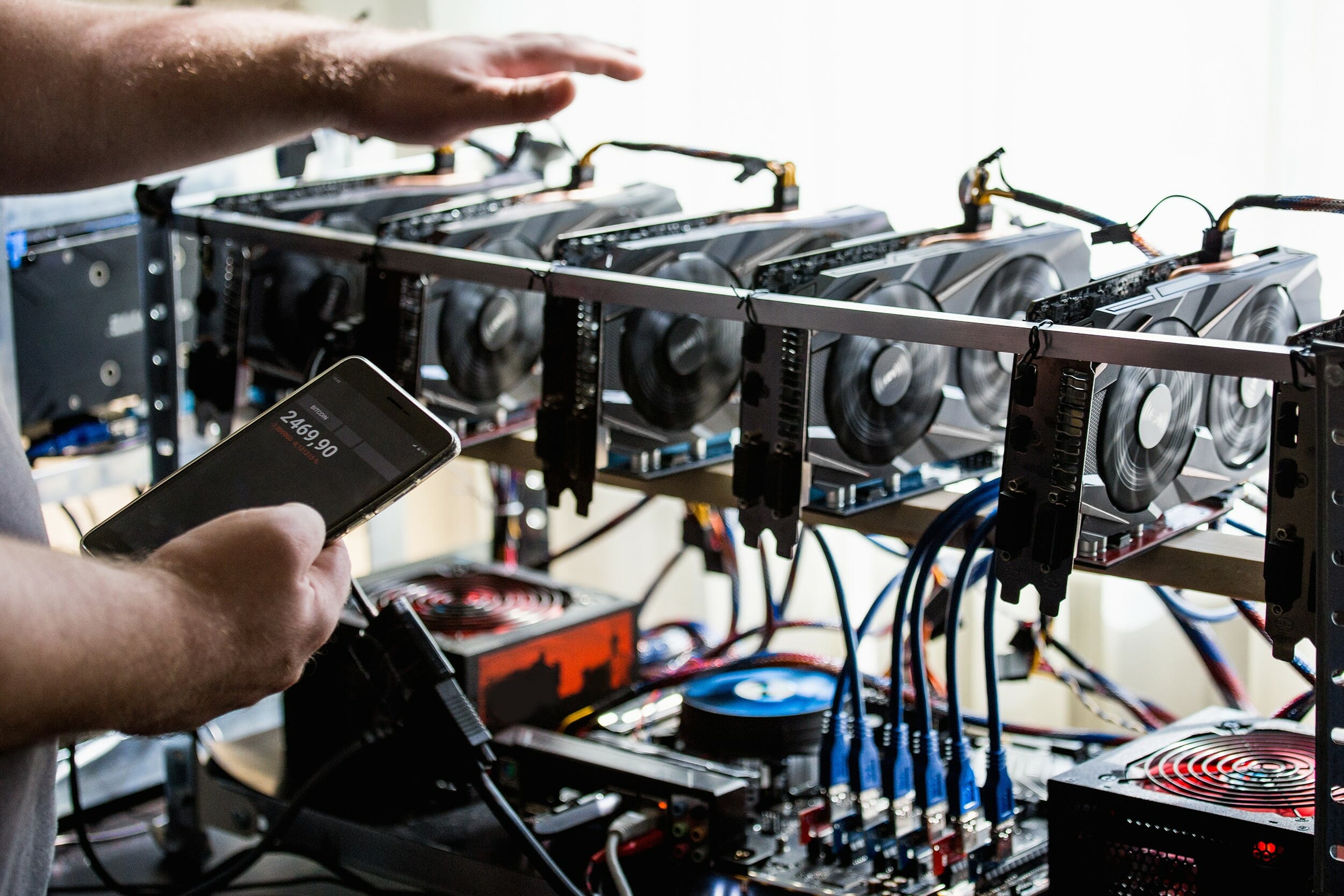Venezuela: Third Crypto Farm Raid, Role of PDVSA and Reaction of Local Miners
In Carabobo, Venezuela, the authorities have once again disconnected from a data center with thousands of ASIC miners. Local miners have indicated that they can assist in the reconstruction of the electrical system.
The Venezuelan State has continued its campaign of raids on Bitcoin mining farms, with the stated goal of disconnecting ASIC equipment throughout the national territory. In Carabobo, the authorities dismantled another data center, marking the third such incident in less than a week.
The governor of the entity, Rafael Lacava, has reported the latest raid on a farm. He did not specify the location of the facility and merely stated that they continue to disconnect machines that consume a significant amount of electricity at a low cost.
Video footage published by various outlets indicates that the facility is a large-scale Bitcoin mining operation, comprising two floors of rigs with hundreds of ASIC miners installed.
The raid on the warehouse where the Bitcoin mining farm was located was a response to the actions of the Venezuelan government to disconnect all activity. This is due to the Ministry of Electric Energy’s notification last week that they will be removing all data centers currently operating in the country.
The government has attributed the frequent electrical failures in Venezuela to cryptocurrency miners. In a statement, the governor of Carabobo noted that citizens are bearing the brunt of the negative consequences generated by these farms.
He emphasized the immediate necessity to take action to safeguard the public’s peace of mind in light of the current situation. Although he did not mention the Caribbean country’s 3,000-megawatt deficit, according to calculations by the Venezuelan Observatory of Public Services.
This is the second raid by the Carabobo authorities in less than a week. On May 17, Lacava announced the commencement of a first intervention at a data center to mine Bitcoin in its jurisdiction.
At the time, he disclosed the confiscation of 11,000 mining equipment and stated that further seizures would be conducted. However, Lacava did not provide an exact number of miners seized in this new raid.
PDVSA-Crypto Relationship with Raids
The disconnection of miners in Venezuela, which the government attributes to electrical failures, occurs against the backdrop of an ongoing investigation into the largest case of government corruption involving cryptocurrencies, the so-called PDVSA-Crypto scheme.
The Attorney General of Venezuela, Tarek William Saab, has accused those involved in the corruption plot of attempting to promote the installation of Bitcoin mining farms, resulting in the loss of approximately USD 20 billion.
The case led to the intervention of Sunacrip, the regulatory body of the Bitcoin mining industry and all cryptocurrency activity in Venezuela. The restructuring, as the government has termed it, has been ongoing for over a year. In the meantime, the cryptoasset sector has been operating in a state of regulatory uncertainty.
Reactions from Sector Operators
Alexis Lugo, executive director of Criptoneros and Bitcoin mining operator in Venezuela, believes that the government’s actions are negatively impacting the cryptocurrency sector.
Francisco, a miner who requested anonymity explained that farm operators pay for the energy they consume and that the industry is regulated and supervised by government agencies. “We are not the cause of the problem, but we are part of the solution,” said Eloy, another Venezuelan miner.
Eloy proposes that miners contribute resources to the reconstruction of the SEN by integrating mining into industrial processes. “We are aware of the problems in the transmission and distribution of energy, and we believe that miners can help to address these issues,” he added.
By Leonardo Perez
